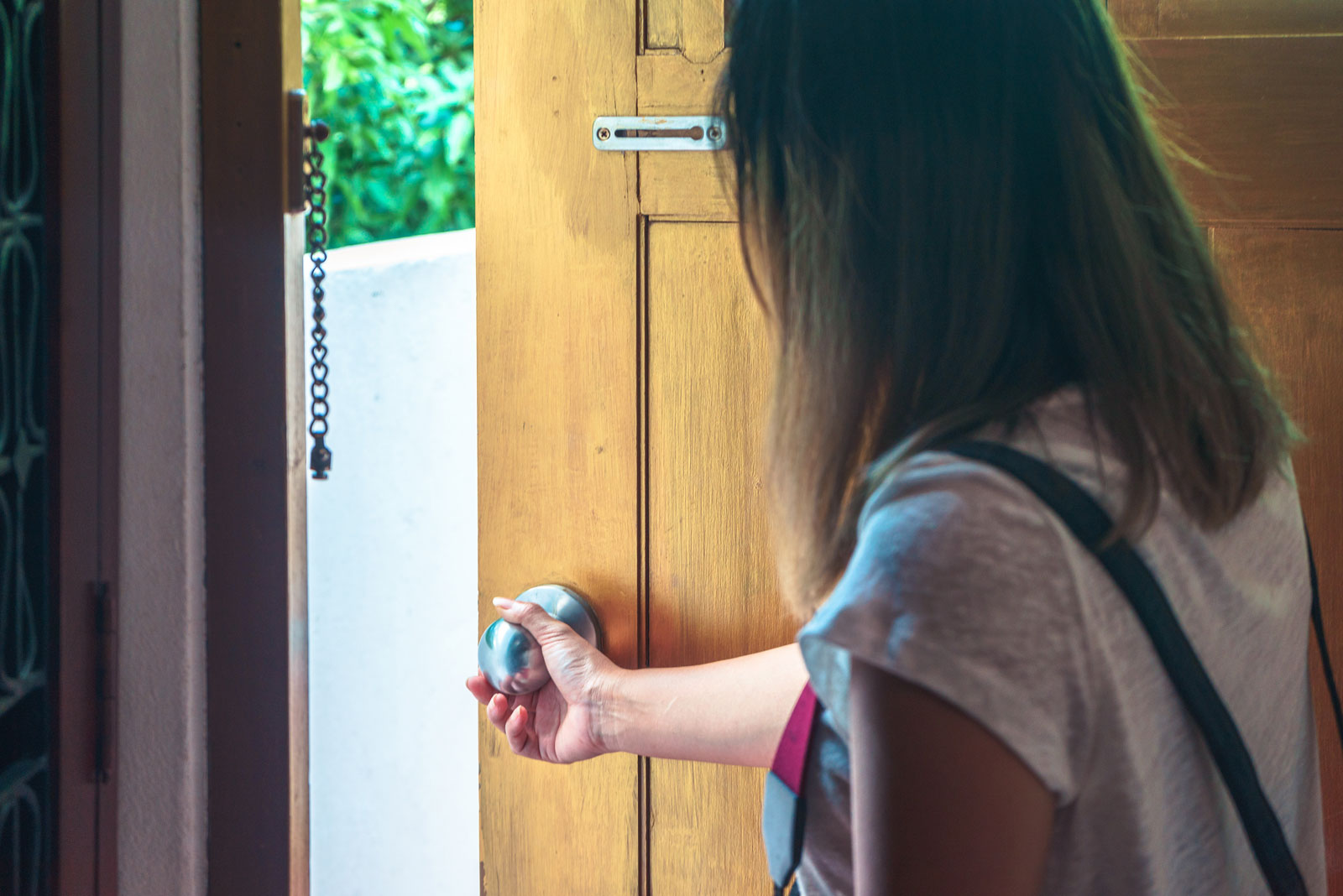The Local newsletter is your free, daily guide to life in Colorado. For locals, by locals.
The Senate unanimously passed a bill designed to allow victims of sexual assault and stalking to break their rental agreements or leases to seek more safe housing. The bill expands on current law that affords limited rights to victims of domestic violence fleeing unsafe living situations.
Under current law, domestic violence constitutes “a dangerous or uninhabitable condition” under which tenants can legally terminate a rental agreement. Victims of domestic violence or abuse must provide evidence of the violence or abuse in the form of a police report for an incident that has taken place no more than 60 days prior in order to break a lease. The new bill would expand the purview of current law to include victims of sexual assault and stalking, and would also increase the variety of forms through which victims can provide the requisite evidence to break a lease. The victim would be responsible for one month’s rent following notification of vacation, to be paid within 90 days, and the landlord would not be required to return any security deposit previously paid by the renter.

The Colorado Coalition Against Sexual Assault (CCASA), a victims’ advocacy nonprofit, was a major actor in creating and pushing for the new legislation. “We wanted to create a new pathway to safety where survivors who didn’t feel comfortable accessing criminal/legal [systems] still had access to these housing protections,” says Raana Simmons, CCASA director of policy.
According to the Rape, Abuse and Incest National Network (RAINN), about one-third of sexual assault incidents are reported to police. Simmons says victims might not report incidents to law enforcement for a variety of reasons. She noted one CCASA client who was simultaneously on parole and a victim of domestic violence. That victim chose not to seek help from law enforcement for fear of violating her parole by calling the police. Simmons says the victim fled her home, fearing for her safety, and eventually was served an eviction notice from her landlord. With that on her record and having been in and out of homeless shelters since leaving her former home, finding permanent housing became all but impossible. Immigration status or language barriers might also keep a victim from reporting an incident to law enforcement, Simmons says, among other personal reasons.
“We believe if you’re only relying on one system [the legal system] to help support victims, then you’re not going to be able to hold space for all victims. However, if we incorporate multiple systems that victims often find themselves in, like criminal/legal, like social services, like health care, then you have a better chance at making sure that this bill is more equitable and that more survivors have greater access to using the housing protections,” Simmons says.
CCASA annually polls its membership, which consists of individuals, advocacy groups, and other stakeholders (like therapists and medical professionals), on the issues that most concern them. Inadequate access to safe housing for victims, Simmons says, has been at the top of the list for a number of years.
During her 2016 campaign, Representative Dominique Jackson (D-42) became became aware the issue while knocking on doors and says she was moved to act.
“I had no idea at the time that this was such a big problem and that there weren’t these protections for victims of sexual assault and stalking,” Jackson says. “When I heard about it from constituents and I heard from CCASA, that their members had been asking for this for years, I thought, ‘This is real common-sense piece of legislation. I’ve got to run it.’”
The bill, co-sponsored by Jackson and Senate Majority Whip John Cooke (R), passed the House in a 62–3 vote last month. It is now headed to Governor Hickenlooper’s desk to be signed into law.








